
A strengthened International Monetary System (IMS) – one that is resilient to future turmoil – is a key goal of the world community as it recovers from the global economic crisis. Follow the efforts of policymakers, academics, and other experts here, at www.imsreform.org, as they debate and discuss reform proposals and work to build a more stable international monetary system.
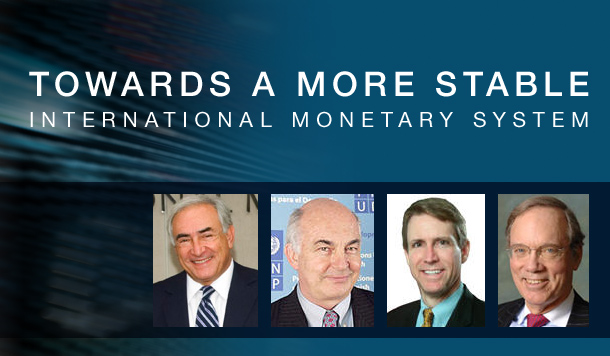
February 10, 2011
In the wake of the crisis, efforts to reform the international monetary system have intensified.
A panel discussion featuring the IMF head Dominique Strauss-Kahn on directions for reform.
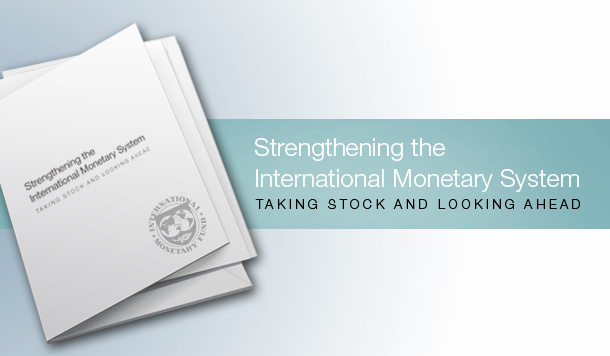
March 23, 2011
Economists at the International Monetary Fund have outlined four key reasons why the international monetary system needs reform and ways to strengthen it to make it more stable and preserve the benefits of globalization.
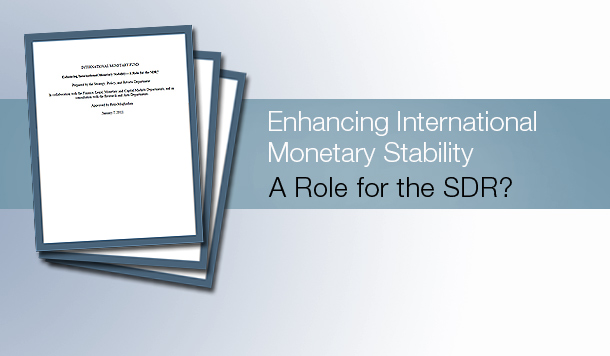
The IMF’s Special Drawing Right (SDR) has enjoyed renewed attention lately in the context of IMS reform. The IMF Executive Board recently discussed a paper examining the potential contribution that SDRs could make to improve the long-term functioning of the IMS. The paper outlines a range of options and highlights their potential costs and benefits.
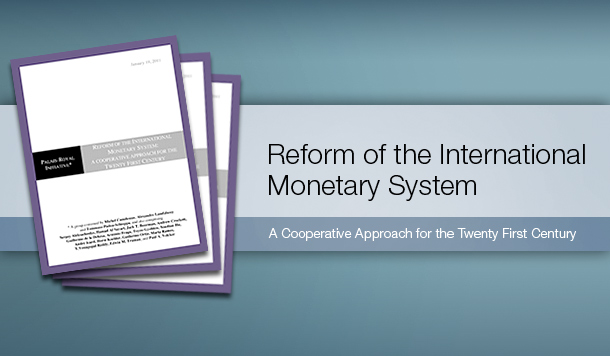
A group of former ministers, central bank governors and other officials, led by Michel Camdessus, Alexandre Lamfalussy and Tommaso Padoa-Schioppa, outline its suggestions for fostering a more cooperative governance of the global monetary system. The initial report is complemented by a longer version with details of the suggestions.
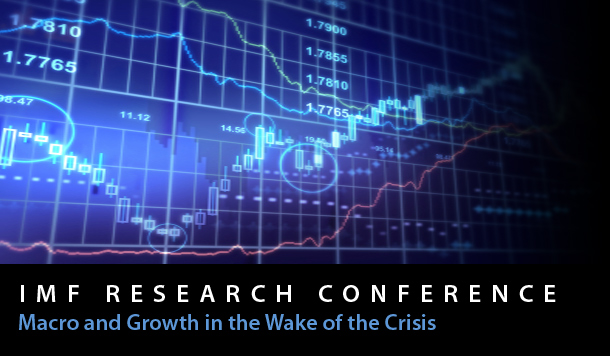
The IMF is encouraging a wholesale re-examination of macroeconomic policy principles in the wake of the global economic crisis, starting with a high profile conference
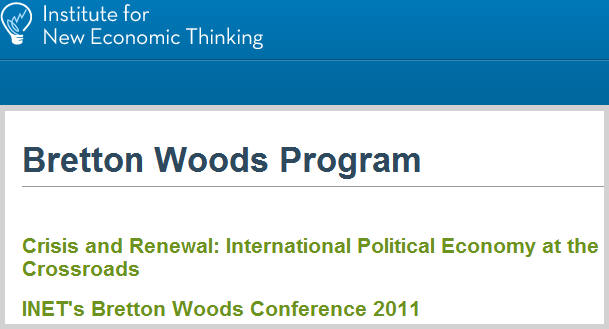
Institute for New Economic Thinking's (INET) Bretton Woods Conference 2011

In the wake of the crisis, the G-20 set up the Mutual Assessment Process to enhance policy coordination in the face of persistent global economic imbalances, but challenges remain …

Capital flows volatility is a major concern in many countries – especially emerging markets. What can be done to allow growing economies to reap the benefits of these flows while minimizing the risk of sudden reversal?
The rapid growth in international reserves—for precautionary purposes or otherwise—represents to some extent a challenge for the IMS .
A country in financial distress and unable to service its external obligations poses potential problems for the stability of the international financial system, which the IMF was created to protect.
Reforms to IMF surveillance – the assessment of policies, outlooks and risks in its 187 member countries and the global economy – are underway to better take account of interconnections; this should aid policy coordination.